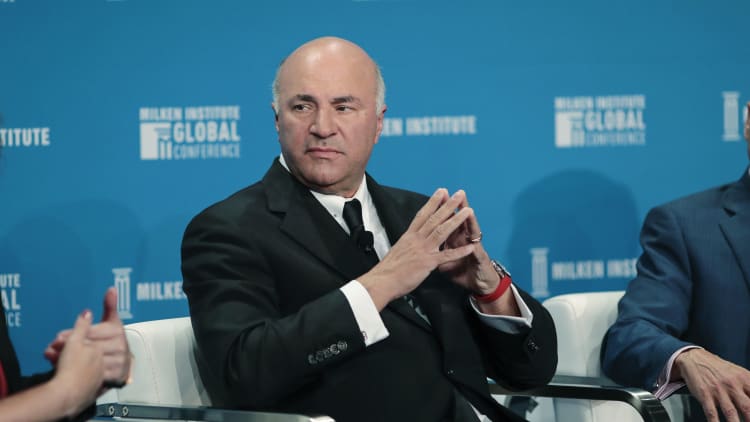In March, Congress passed the CARES Act, which allocated up to $1,200 per person in stimulus payments for those earning less than six figures and expanded unemployment benefits dramatically to help households cushion the blow from economic fallout from the coronavirus pandemic.
Since then, more than 45 million people have applied for unemployment insurance and the U.S. economy has dipped into a recession. Many households have already spent their stimulus checks on basic living expenses, and economists worry that when enhanced unemployment benefits end at the end of July, millions of Americans will face an "income cliff," exacerbating the current financial crisis.
To prevent that, the Democratic-controlled House passed the HEROES Act in May, which includes a second round of stimulus checks, worth up to $6,000 per family, up to five people. More people living in the U.S., including adult dependents and immigrants with taxpayer identification numbers, would also be eligible to receive a check for the first time.
Additionally, the HEROES Act would extend expanded unemployment insurance, including the extra $600 per week in federal benefits, through the start of 2021.
But so far, the HEROES Act has stalled in the Republican-held Senate. Senate Majority Leader Mitch McConnell (R-Ky.) called the bill "an unserious product from an unserious majority."
Republicans favor back-to-work bonuses
Rather than another stimulus check or expanded UI, which they say disincentivize people from returning to work, Republicans favor back-to-work bonuses. However, this argument does not necessarily bear out. People who have exhausted their benefits are less likely to search for work than those still receiving them, recent studies from the Chicago Federal Reserve and the Brookings Institute suggest.
Back-to-work bonuses would provide extra payments to people who return to work. What exactly this would look like on the federal level is not clear, but there have been a few different proposals.
Under Sen. Rob Portman's (R-Ohio) plan, people returning to work would receive an extra $450 a week through July 31. A separate proposal from Sen. Kevin Brady (R-Texas) would continue to give workers who accept a job two weeks' worth of the $600 enhanced benefit, also through July 31. So far, neither proposals has been taken up.
Those July 31 deadlines are an issue, though, as economists expect millions to be unemployed through the end of 2020 and into 2021.
In Idaho, Republican Governor Brad Little allocated $100 million to a back-to-work program that gives those who were out of work and returned full time a one-time bonus of $1,200, while those returning part-time will receive $750.
Back-to-work bonuses would "level the playing field" between those receiving unemployment benefits and those who are working through a pandemic, Matt Weidinger, a Rowe Fellow in Poverty Studies at the right-leaning American Enterprise Institute who studies unemployment insurance, tells CNBC Make It. That said, there is also high risk involved in sending people back to work in the middle of a pandemic, as several states that reopened their economies are currently experiencing spikes in cases.
Where the Trump administration stands
Members of the Trump administration say some type of back-to-work bonus is more likely than another stimulus check or the extension of enhanced unemployment. White House economic adviser Larry Kudlow told CNN earlier this month that the extra $600 in unemployment benefits was effectively "paying people not to work," and that instead, "there will be some return-to-work benefit." He did not provide specifics.
Treasury Secretary Steve Mnuchin, too, said this week that another stimulus package would be focused on "bringing back jobs," not necessarily including another stimulus check.
Whatever Congress and the administration can agree on, don't expect another relief bill to be passed until the end of July or August, Weidinger says.
Don't miss: Millions face 'income cliff' next month when extra $600 unemployment benefit ends
Check out: The best credit cards of 2020 could earn you over $1,000 in 5 years



